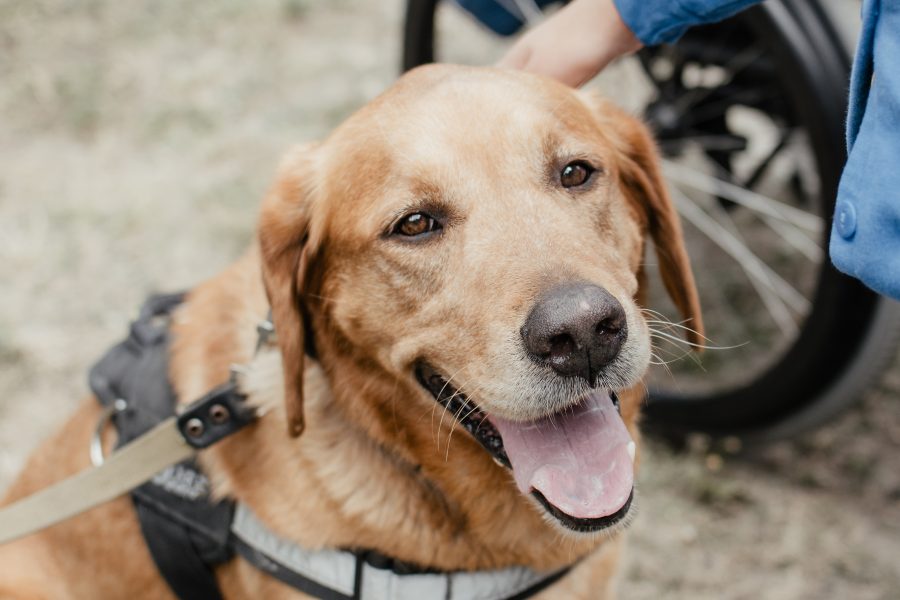Assistance Animals – A Nationally Consistent Approach

This consultation is now closed.
Overview
To improve certainty for people with disability using assistance animals, the Commonwealth, state and territory governments are working together to develop options for a nationally consistent approach to the regulation and accreditation of assistance animals.
The Commonwealth Department of Social Services wanted to hear the views of organisations and individuals involved with assistance animals. This included:
- assistance animal training organisations
- assistance animal trainers
- disability peak bodies
- service providers
- people living with disability
- carers, family members or friends of a person with disability
- advocates for people with disability
- people who work for a disability organisation
- any other interested parties.
We encouraged organisations and individuals to share their views, ideas and experiences about assistance animals using a short online survey. The information and insights provided will be used to inform options for the development of a nationally consistent approach to the regulation and accreditation of assistance animals.
Commonwealth legislation
Under the Commonwealth Disability Discrimination Act 1992 (DDA) it is unlawful to discriminate against a person with disability who is using an assistance animal.
Section 9(2) of the DDA sets out the legal definition of an assistance animal, being a dog or other animal that:
- is accredited under State or Territory law to assist a person with disability to alleviate the effects of disability; or
- is accredited by an animal training organisation prescribed in the regulations; or
- is trained to assist a person with disability to alleviate the effect of the disability and meet standards of hygiene and behaviour that are appropriate for an animal in a public place.
State and territory legislation and accreditation
State and territory governments are responsible for the regulation and accreditation of assistance animals in each jurisdiction, including the standards of hygiene and behaviour that are appropriate for an assistance animal in a public place.
Differences in state and territory laws and policies regarding assistance animals have resulted in a range of issues for people with disability who use assistance animals in areas such as travel, accommodation and access to premises.
About the survey
In the survey, organisations and individuals were asked general questions about themselves and/or their organisation. Answering the questions was optional.
Organisations and individuals were then asked questions specifically related to assistance animals. Depending on whether they are a person using assistance animal, a carer, a service provider, a trainer or another interested party, some survey questions may have been more important to them than others. For this reason, the survey did allow them to answer some questions and not the others. There was also a free text space for any additional comment that they may have wanted to provide.
Please note, in the survey were interested in the issues arising from differences in assistance animal regulation and legislation between states and territories. Therefore, questions related to experiences when visiting states or territories outside of where the assistance animal is registered.
